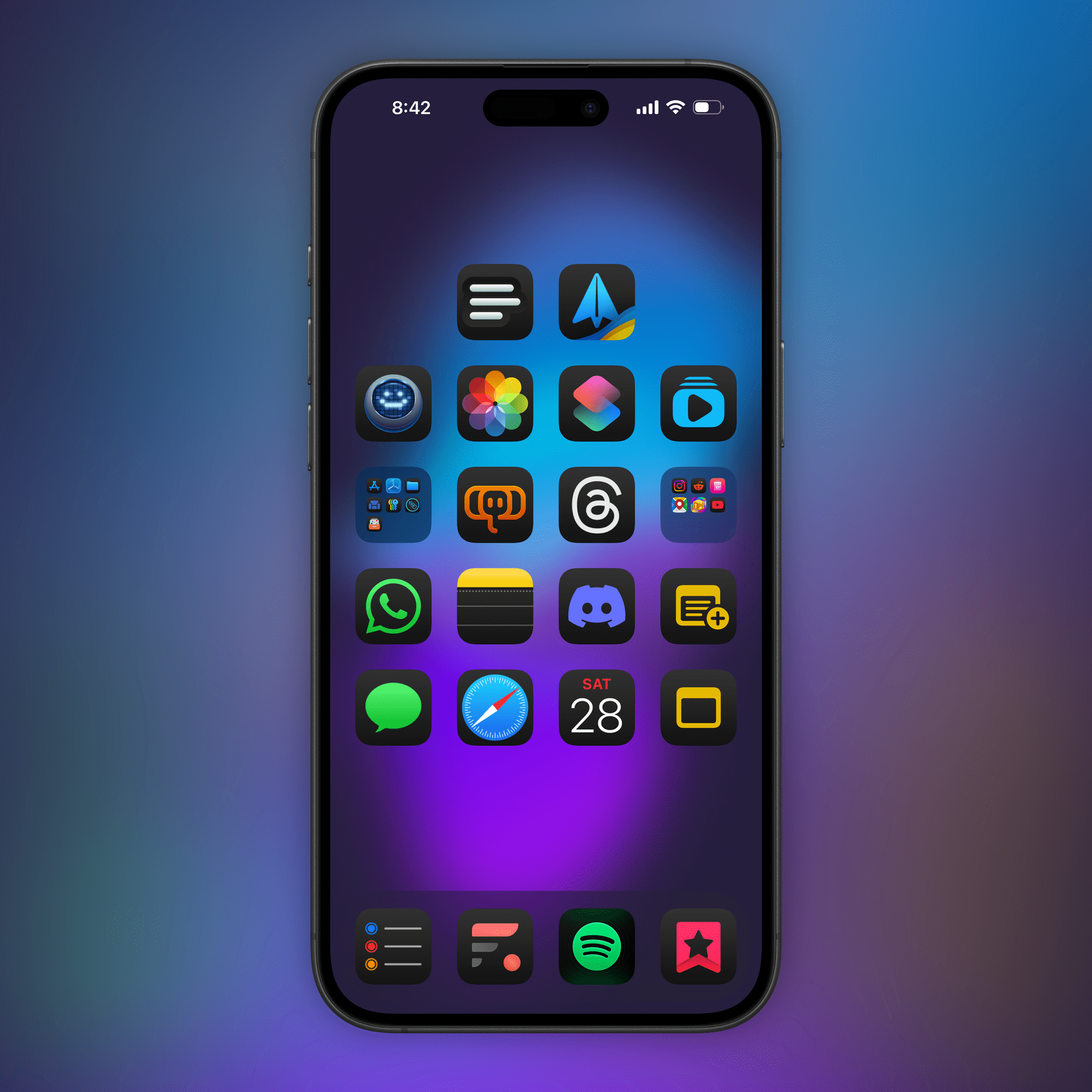Every so often, you come across a writer who cares so much about their subject that it smacks you in the face. You can’t ignore it, and it sucks so much of the oxygen out of a topic that no one else even tries to cover the beat. That’s how I’ve always felt about Michael Steeber’s writing about Apple Retail, whether it was at 9to5Mac or in his newsletter Tabletops.
Yesterday, Steeber announced that Tabletops is ending, which is a loss for those of us who have relied on it as the definitive history of Apple’s many retail locations:
This is the last issue of Tabletops. Over the past 139 weeks, we’ve explored fantastical architecture, climbed deep into the archives, put merchandising under a microscope, and completed a virtual world tour of stores from Seoul to Chicago. I say we, because this newsletter wouldn’t have been possible without your help. It was your photos, your questions, and most importantly, your encouragement that made writing Tabletops fun. It’s impossible for one person to keep up with 531 stores. Your reports from all over the world meant so much to me.
Steeber doesn’t explain why Tabletops is shutting down, but as his post explains, he’ll still be around, which I’m glad to hear. He also has these words of wisdom for readers:
I wrote with the hope of adding a moment of positivity and wonder to your day. Now it’s your turn. Don’t let yourself forget what lit the fire in your eyes. Hold on to the thrill you felt when it all began. Keep the magic alive.
Thanks for Tabletops, Michael. We’ll miss it.




